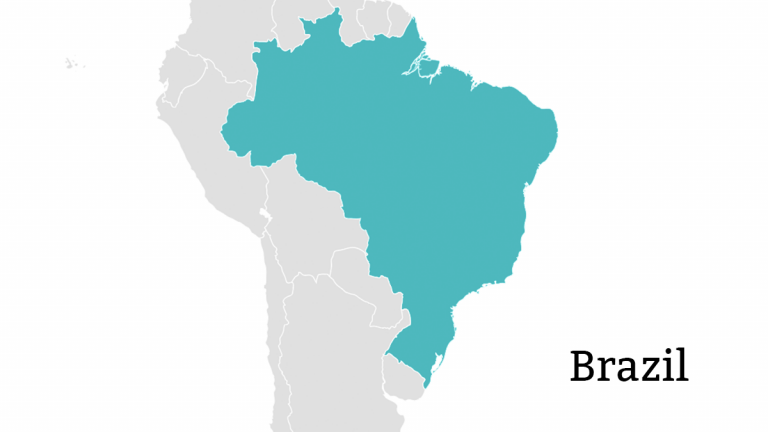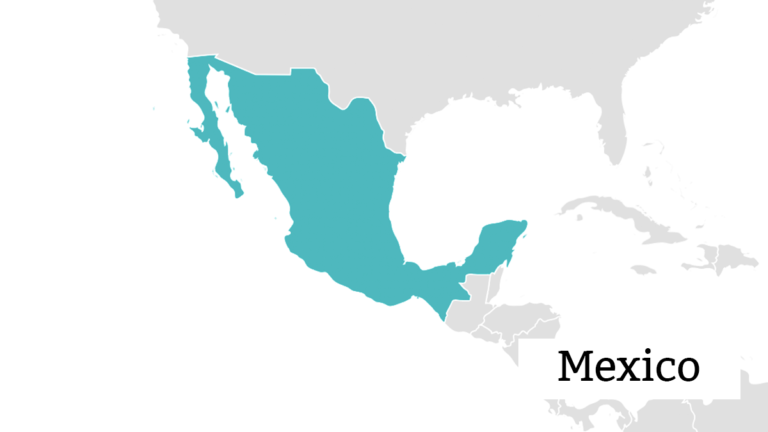
Mexico’s telecommunications regulator and providers implemented strategies that guaranteed access to data and voice services during the pandemic. Under the slogan “Telecoms are on your side against coronavirus”, these strategies offered more affordable telephony services nationwide on a temporary basis.
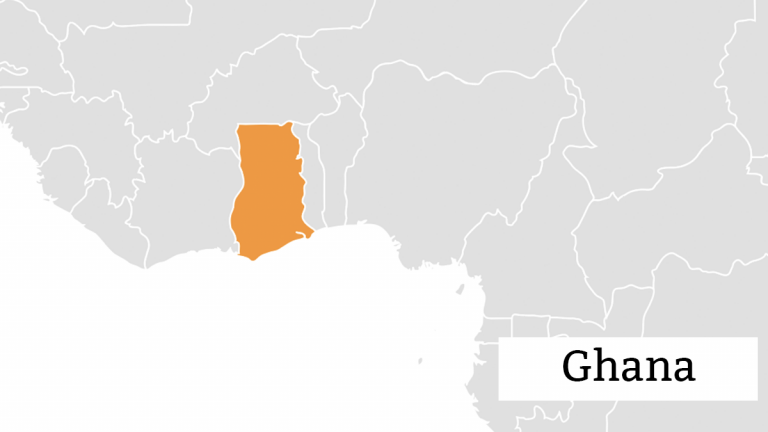
Ghana’s government undertakes swift policy action to offer more spectrum over the pandemic and improve network performance.
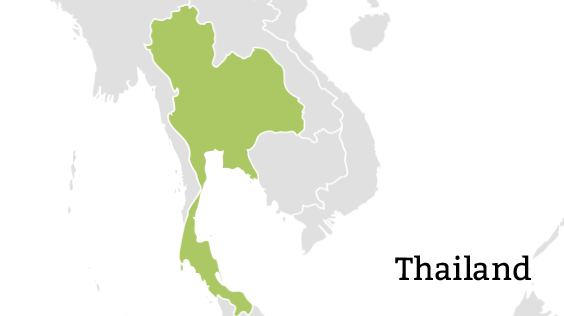
Thailand’s telecommunications regulator, in cooperation with network operators, provides 10GB of data for free to mobile users as a way to encourage people to stay at home during the COVID-19 state of emergency directive.
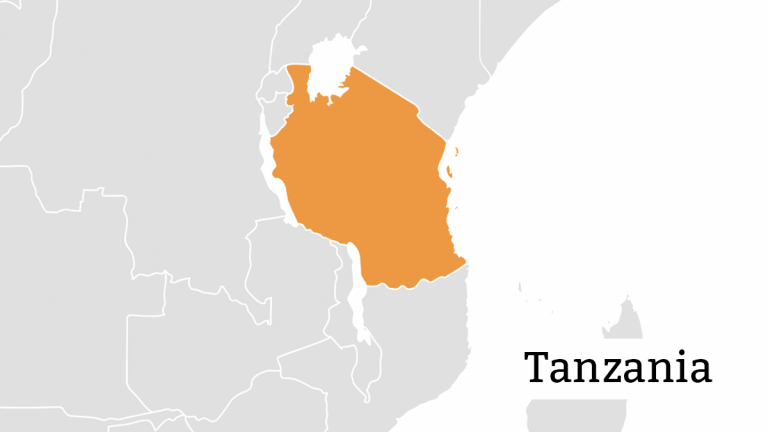
Tanzania is undergoing strategic policy reform to encourage competition and innovation and to guide infrastructure sharing in order to expand connectivity to rural areas.
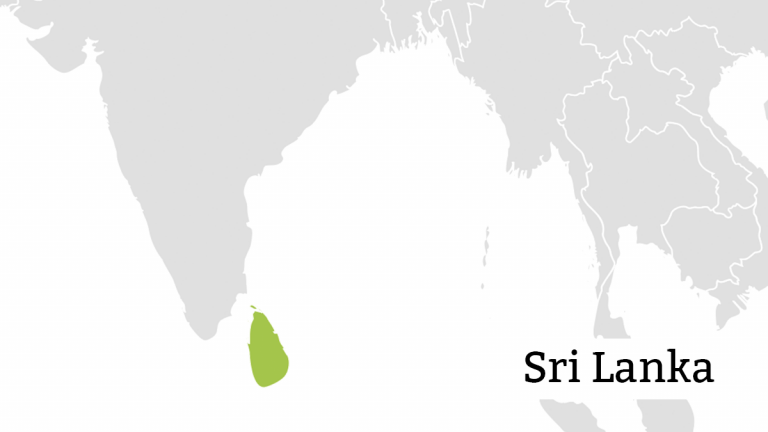
Sri Lanka’s proactive regulatory approach to defining and monitoring the quality of services provided by telecom operators helps protect consumers, drive down costs, and maintain healthy competition in the telecommunications market.
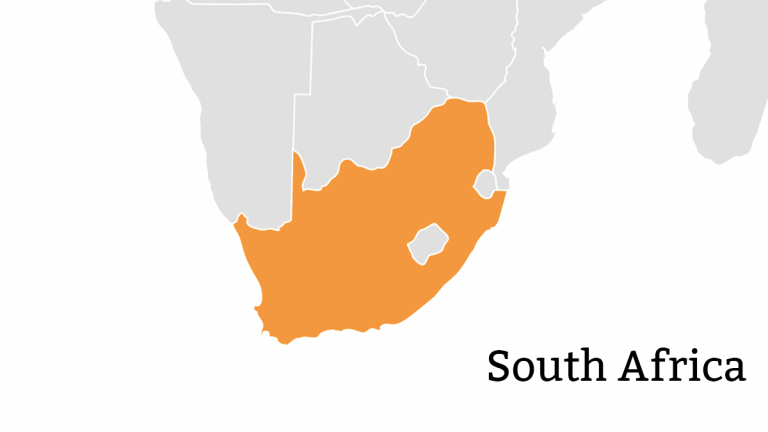
Despite a well-developed telecommunications infrastructure, cost barriers have prevented people in South Africa from accessing the mobile web. The government recently took decisive action to address this by requiring the dominant mobile network operators to reduce their data rates.
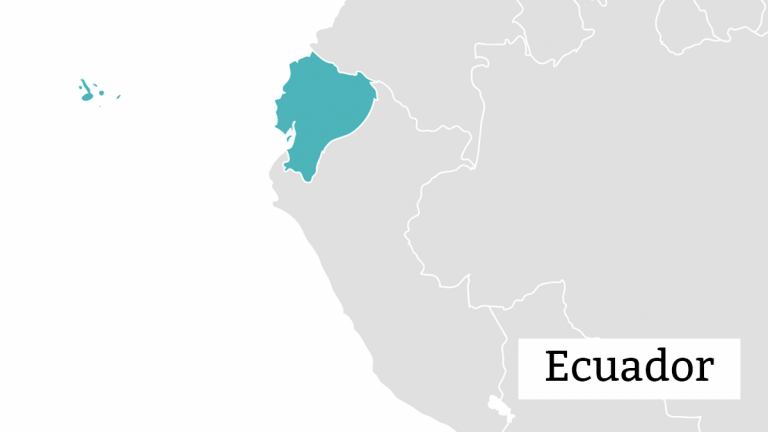
In 2018, the Ecuadorian government introduced social tariffs, which offer mobile voice and data packages at a reduced price to people earning the lowest incomes.
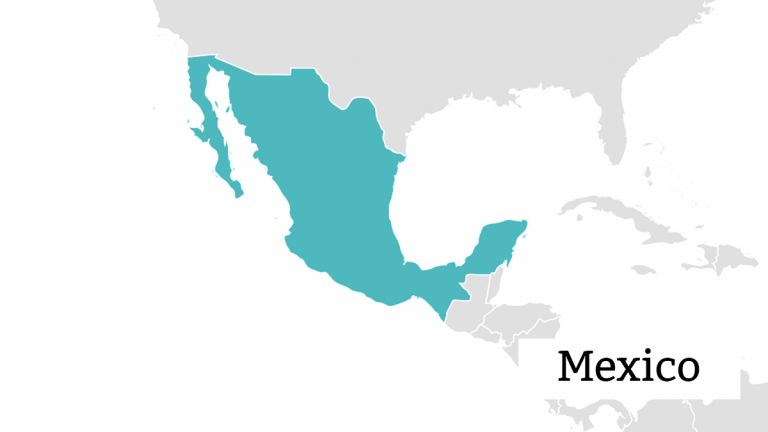
The Mexican regulatory authority has developed informational resources and more to educate and empower consumers in the exercise of their rights.
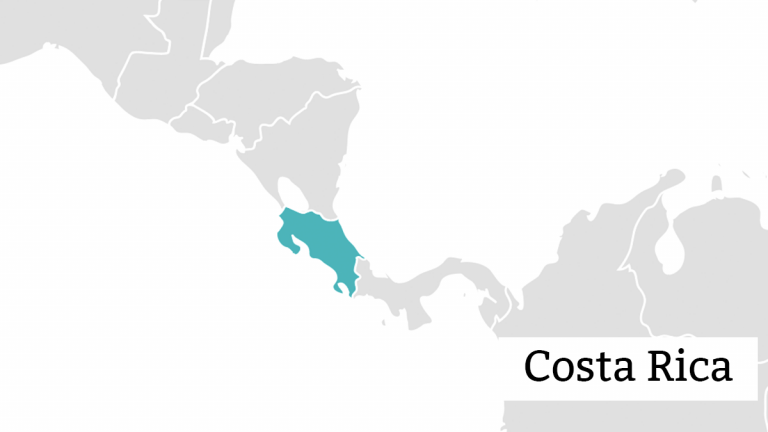
Costa Rica’s broadband plan and its subsequent monitoring and evaluation methodology has set up the nation to achieve its digital connectivity goals, and also offers a framework for the country to regularly update its strategy.

The deployment of TV White Space may have important economic and social implications especially for the people living in unserved or underserved rural areas of South Africa.
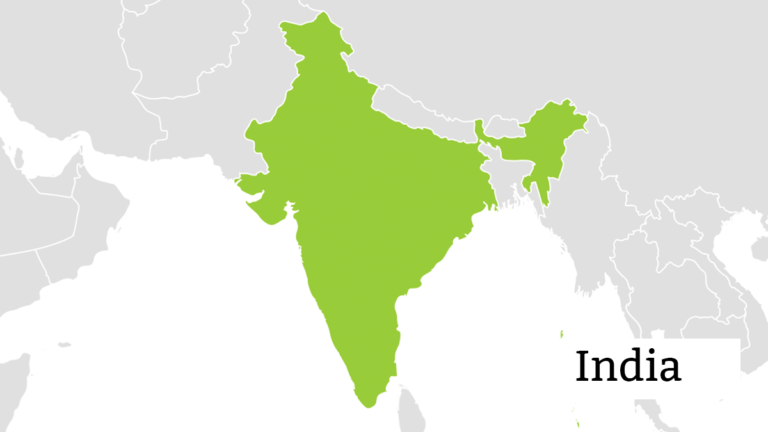
India’s enabling regulatory approach to passive and active infrastructure sharing reduces costs for operators and enables rapid deployment of mobile services.









